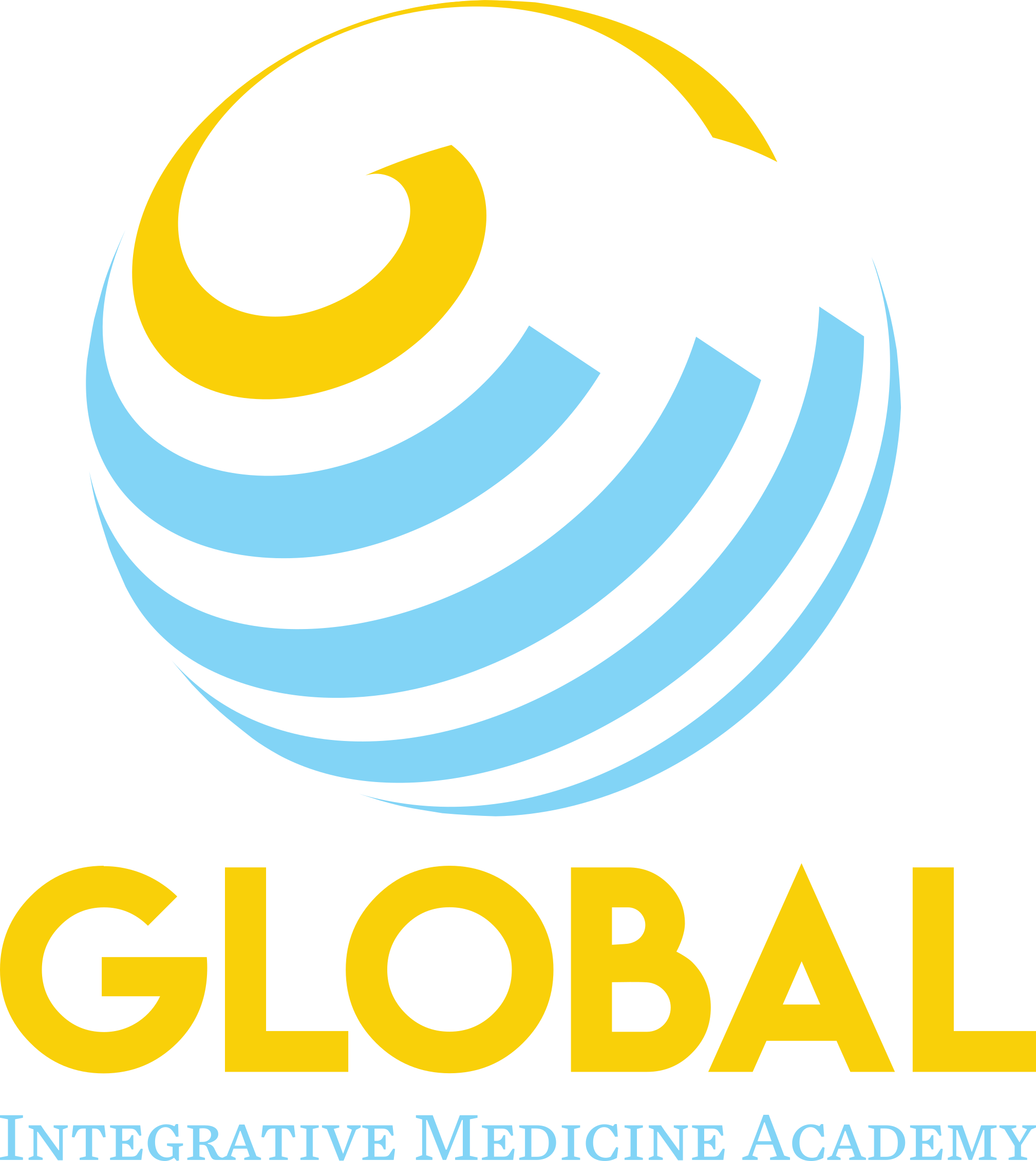Theories of Aging
Original price was: $120.00.$0.00Current price is: $0.00.
Courses Included
This course reviews the best-documented understanding of the aging process, including an investigation into telomeres, damage accumulation, neuro-endocrine clock adaptations, immune function, cross-linking of proteins, mitochondrial dysfunction, and other considerations. Embedded in this course are evidence-based nutrition and lifestyle strategies shown to modulate the aging process at the cellular and neuroendocrine level, with the purpose of understanding how to slow age-related changes and help maximize healthy life expectancy and longevity. As well a detailed look at some unique molecules, such as L-Carnitine, Glutathione, Choline, Melatonin and Hyaluronic acid is included in the program.
Theories of Aging
Length of Course: 4 Hours 47 Minutes
Requirements:
Teaching Method
System Requirements
Application Type : Web-based
Compatible Browser : Google Chrome, Mozilla Firefox
Limited Compatibility : Internet Explorer (no support for IE browser)
Operating System : Windows, Mac (any browser supported)
Mobile Device : Responsive website so support any mobile device
Tablet Device : 15″ recommended
This course reviews the best-documented understanding of the aging process, including an investigation into telomeres, damage accumulation, neuro-endocrine clock adaptations, immune function, cross-linking of proteins, mitochondrial dysfunction, and other considerations. Embedded in this course are evidence-based nutrition and lifestyle strategies shown to modulate the aging process at the cellular and neuroendocrine level, with the purpose of understanding how to slow age-related changes and help maximize healthy life expectancy and longevity. As well a detailed look at some unique molecules, such as L-Carnitine, Glutathione, Choline, Melatonin and Hyaluronic acid is included in the program.
Learning Objectives:
- Students will understand the physiological impact of specific biological processes on the aging process.
- Students will be able to identify key age-related biomarkers in their patient population.
- Students will be able to help patients reverse or slow key physiological processes involved in the aging process using targeted dietary, exercise and supplementation practices, to improve their healthy life expectancy and reduce the risk of common age-related degenerative diseases.

